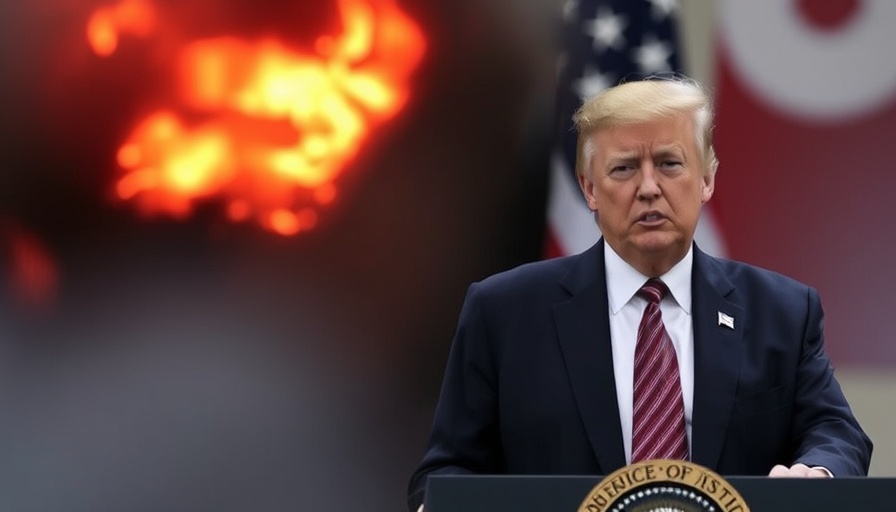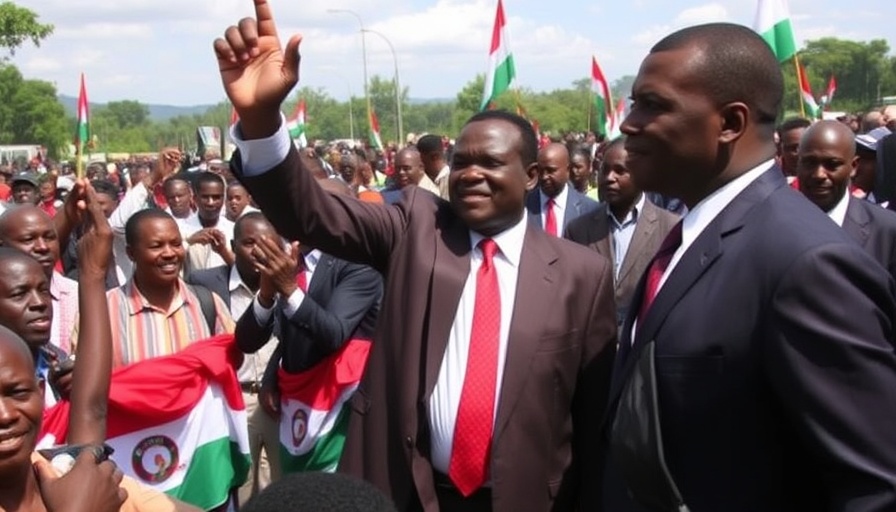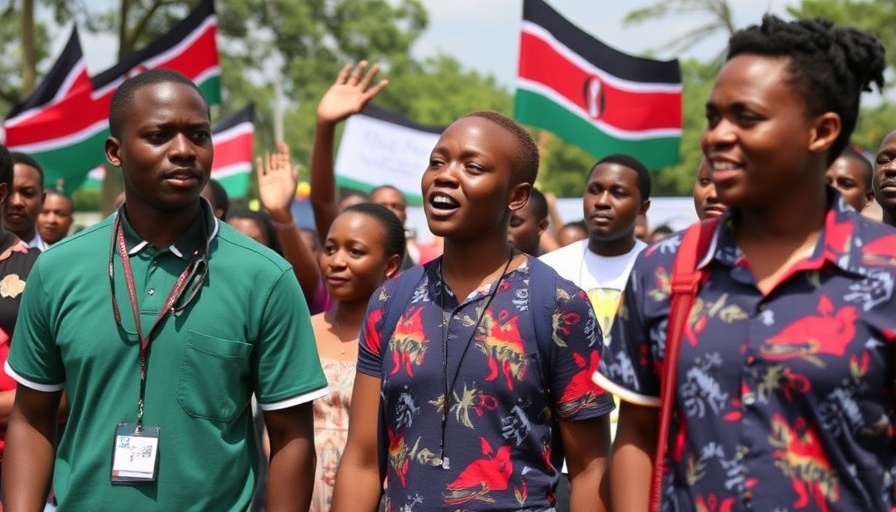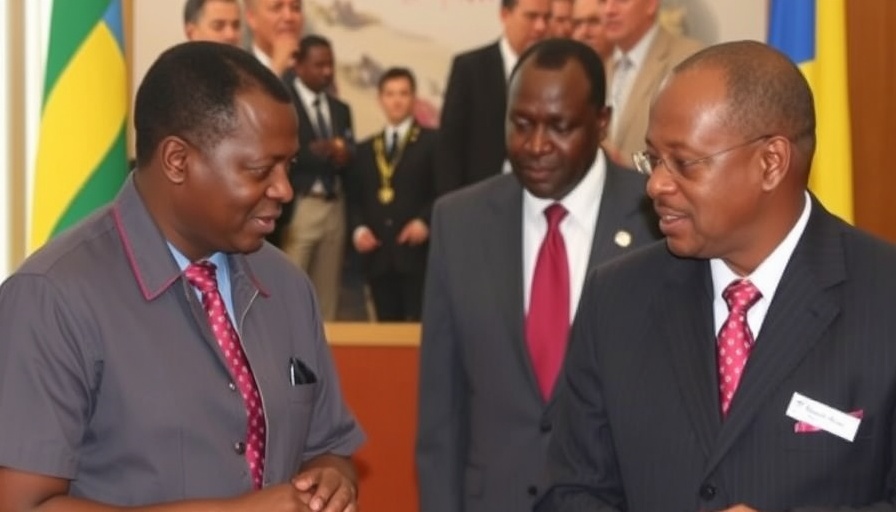
The Ripple Effects of Trump's Gamble on Iran
The recent strikes authorized by former President Trump against Iran represent not only a pivotal moment in U.S. foreign policy but also a potential flashpoint for geopolitical tensions that can reverberate throughout Africa. As business leaders and policymakers consider Africa's role in the global economy, they should be attentive to how these international maneuvers influence African nations, particularly regarding trade routes and energy security.
Global Trade and Africa's Stability
The U.S. strikes against Iran have disrupted economic stability in the Middle East, inadvertently affecting oil prices globally. As Africa is increasingly positioned as a critical player in the energy landscape—especially regarding oil and gas reserves—trade dynamics could shift dramatically. Nations like Nigeria and Angola, which depend on oil exports, may face challenges if prices soar due to military conflicts. This scenario presents an urgent need for African nations to reassess their foreign relations and energy policies.
Geopolitical Alliances and Risks
In a landscape dominated by shifting allegiances, the strikes elevate the importance of alliances, particularly with nations willing to counterbalance U.S. influence. African leaders must navigate this complex terrain, fostering relationships with China, the EU, and other powers to secure favorable trade conditions and political support. A proactive approach can bolster Africa's position in a rapidly changing geopolitical landscape, safeguarding its interests while engaging diplomatically with global superpowers.
Implications for African Governance
The ramifications of Trump's foreign policy extend beyond economics; they touch upon governance. In the wake of such strikes, African governments must confront internal challenges related to public opinion and governance amidst external pressures. Societal stability hinges on leaders effectively communicating their foreign policy strategies to citizens, ensuring alignment with national interests as they navigate these turbulent global waters.
The events surrounding Trump’s decision underscore the necessity for African governments and businesses to remain acutely aware of international developments. The ability to adapt and respond to these external shocks will determine the resilience and growth of African economies in an interlinked global environment.
 Add Row
Add Row  Add
Add 


 Add Row
Add Row  Add
Add 

Write A Comment